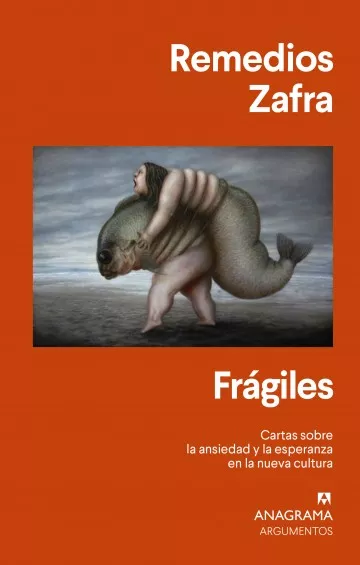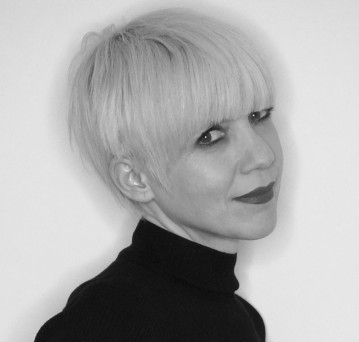| PAGES | 288 |
| SERIES | Argumentos |
| PUBLICATION | 28/04/2021 |

SERIES:Argumentos
A portrait of the new anxious culture of immaterial work, and an attempt to find a way out.
This book is motivated by an anonymous voice: that of a woman who, after reading the author’s previous essay El entusiasmo, reached out to her to say that she had described a work life so similar to hers that reading the book had made her see it as conflictive and less sustainable.
Frágiles takes on the ambivalences and derivations of an anxious culture where immaterial and creative work has turned into a practice of undefined practices that transcend that idea of work as a central activity that looked to discipline us and describe us socially. In its place, it overwhelms us with tasks mediated by technology and woven through with acceptance and numbers, so that work isn’t always what it seems and anxiety, contingency, and insecurity are normalized as the new emotional languages of workers.
In the conversation that gave way to this letter, the anonymous voice asked insistently: “Where is the hope?” This essay, then, is the possible answer that Zafra began to think about.
| PAGES | 288 |
| SERIES | Argumentos |
| PUBLICATION | 28/04/2021 |


Remedios Zafra (Zuheros, Córdoba, 1973) is a writer, university professor and researcher at the Philosophy Institute of the Spanish Scientific Research Council. She has taught Anthropology, Politics of the Gaze and Gender Studies. Her work is oriented to the critical study of contemporary culture, creation and internet. She is the author of El bucle invisible, Frágiles, El entusiasmo. Precariedad y trabajo creativo en la era digital (Anagrama Essay Award and Critical State Award), Ojos y capital, (h)adas, Un cuarto propio conectado and Netianas, among others. His work has won the Jovellanos International Essay Prize; Meridiana de Cultura; De las Letras El Público; Málaga Essay Prize; the Research Prize of Cátedra Leonor de Guzmán and the Carmen de Burgos Essay Prize.




